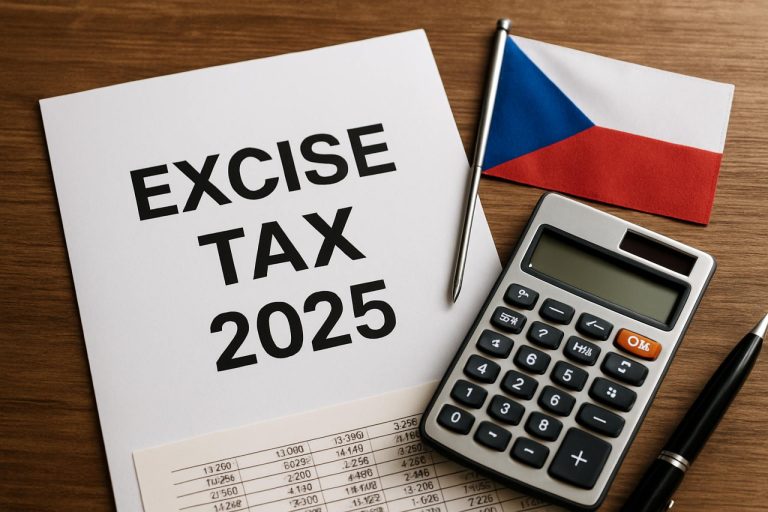
- The souks of Marrakech reflect Morocco’s rich commercial history, guided by a complex legal framework essential for business operations.
- Moroccan business law combines ancient traditions with modern principles, influenced by Islamic jurisprudence (Fiqh) while aligning with global standards.
- Key business laws involve company formation, contract enforcement, and dispute resolution, with the 1996 Company Law governing business structures like SARL and SA.
- Contracts are crucial in Moroccan commerce—while verbal agreements hold value, written contracts offer security, with French often used for business negotiations.
- Dispute resolution is facilitated by business-friendly courts and centers like the Casablanca International Mediation and Arbitration Center (CIMAC) for efficient conflict management.
- Understanding Moroccan business law involves balancing tradition with modernity, emphasizing diligence and local expertise for success.
The bustling souks of Marrakech paint a vivid picture of trade and enterprise, a testament to Morocco’s rich commercial history. Yet beneath the colorful awnings of the marketplace lies a complex tapestry of business law that governs transactions within the country. Anyone daring enough to sail the seas of Moroccan commerce must first master the intricate dance of its legal framework.
Ancient Traditions, Modern Applications
Morocco blends ancient traditions with modern legal principles, forming a unique legal landscape. This North African gem carries a legacy of intricate customs that can be seen in its business regulations. The Commercial Code, deeply rooted in Fiqh—Islamic jurisprudence—has evolved to align with global standards while retaining its unique cultural elements.
The Anchors of Legal Territory
For entrepreneurs, understanding Morocco’s legal environment begins with grasping key business laws. These laws include aspects like company formation, contract enforcement, and dispute resolution, which play anchor roles in legal navigation. Company Formation in Morocco is governed by the 1996 Company Law, which offers several business structures such as the Limited Liability Company (SARL) and the Joint-Stock Company (SA). Despite rigid registration processes, these structures afford protection and growth potential akin to their Western counterparts.
Contracts and Negotiations
The art of the deal is pivotal in Moroccan commerce, and contracts represent the keystone in this arrangement. The Moroccan Obligations and Contracts Code indicates that verbal agreements have significance, yet written contracts ensure that all parties hold tangible evidence of their commitments. Foreign businesses should note that the language barrier, while there, is surmountable—French often serves as the lingua franca of business, facilitating more accessible negotiations.
Resolving Disputes: Harmony in Hustle
Disputes, though inevitable, find resolution through time-tested channels. Morocco bolsters its arbitration capabilities with the presence of business-friendly courts and arbitration centers, striving for harmony in the bustling marketplace. The Casablanca International Mediation and Arbitration Center (CIMAC) stands as a beacon for expedited and fair dispute resolution, ensuring conflicts do not drown commercial aspirations.
The Takeaway: A Harmonious Balance
While the intricacies of Moroccan business law might seem daunting to the uninitiated, they underscore a balance between tradition and modernity. Those daring enough to engage must exercise diligence, leveraging local expertise to steer their ventures successfully.
Embark on your Moroccan business adventure, informed by the country’s legal dimensions, and thrive in the vibrant interweaving of past and present. The marketplace of Marrakech awaits with open arms and the promise of infinite possibilities.
Unlocking Moroccan Business Law: A Deep Dive into Opportunities and Challenges
Morocco stands at the crossroads of tradition and modernity, offering a unique commercial landscape that thrives on centuries-old practices fused with contemporary legal frameworks. For business enthusiasts eager to tap into Morocco’s vibrant market, understanding the legal nuances is paramount. Below, we delve deeper into the intricate nature of Moroccan business law and provide actionable insights.
Modern Business Frameworks in a Traditional Context
1. Detailed Company Structures:
Morocco’s 1996 Company Law provides various business structures, instrumental for shaping entrepreneurial endeavors:
– Limited Liability Company (SARL): This structure best suits small to medium-sized enterprises due to its flexible regulatory requirements and limited liability protection for its shareholders.
– Joint-Stock Company (SA): Preferred by larger corporations, it offers opportunities to raise capital through public and private offerings.
– Sociétés par Actions Simplifiées (SAS): An emerging structure designed largely for startups with fewer formalities and more flexibility in governance, aligning with international startup trends.
Actionable Tip: Startups may consider SAS to benefit from its flexible structure.
Navigating Contracts and Language Barriers
Morocco’s commercial culture places a significant emphasis on personal relationships and trust, where verbal agreements might be initially honored. However, documented contracts provide security and clarity.
How To Handle Language in Contracts:
– Use French for drafting contracts to mitigate language barriers as it serves as a business lingua franca. Incorporate clauses in both French and Arabic for maximum clarity and legal recognition.
Quick Tip: Employing a bilingual legal advisor can streamline negotiations and contract drafting.
Efficient Dispute Resolution: Mediation and Arbitration
Morocco’s dispute resolution architecture, bolstered by institutions like CIMAC, offers faster conflict handling compared to traditional judiciary routes. Arbitration is increasingly favored for its confidentiality and efficiency.
– Consider Out-of-Court Settlements: Alternative dispute resolution mechanisms, including arbitration and mediation, can often lead to a quicker and less expensive resolution.
Real-World Use Case: Foreign investors entering joint ventures may include arbitration clauses in contracts to ensure impartial and culturally sensitive dispute resolution.
Market Forecasts & Industry Trends
1. Economic Vitality Supported by Reforms:
Morocco’s economic policies continue to encourage foreign investment, notably in sectors like renewable energy, automotive, and technology. Legal reforms aim to streamline processes for business registration and foreign investment.
– Emerging Industries: The renewable energy sector, underpinned by the Moroccan Solar Energy Plan, offers promising investment opportunities.
2. Digital Transformation:
The government is embracing digitalisation across sectors, providing a fertile ground for tech startups. Legal frameworks have begun evolving to support these industries.
Security & Sustainability in Business Ventures
– Corporate Responsibility and Sustainability:
Businesses are encouraged to align with Morocco’s sustainability goals, including environmental compliance and CSR initiatives, reflecting the global shift towards sustainable business practices.
Actionable Recommendations
1. Engage Local Experts: Partnering with Moroccan legal consultants can mitigate risks associated with cultural and legal nuances.
2. Focus on Relationship Building: Prioritize building strong personal relationships to navigate the informal business customs effectively.
3. Stay Informed on Legal Changes: Regularly update your knowledge of Moroccan business laws to adapt swiftly to any legal transformations.
4. Leverage Business-Friendly Hubs: Consider establishing operations in economic zones such as Casablanca Finance City for fiscal benefits and streamlined regulatory processes.
For more insights into Moroccan commerce and regulations, consider exploring Moroccan Investment Development Agency for additional resources.
By integrating these strategic approaches, businesses can embrace the lush opportunities in Morocco while firmly grounded in its legal framework.



